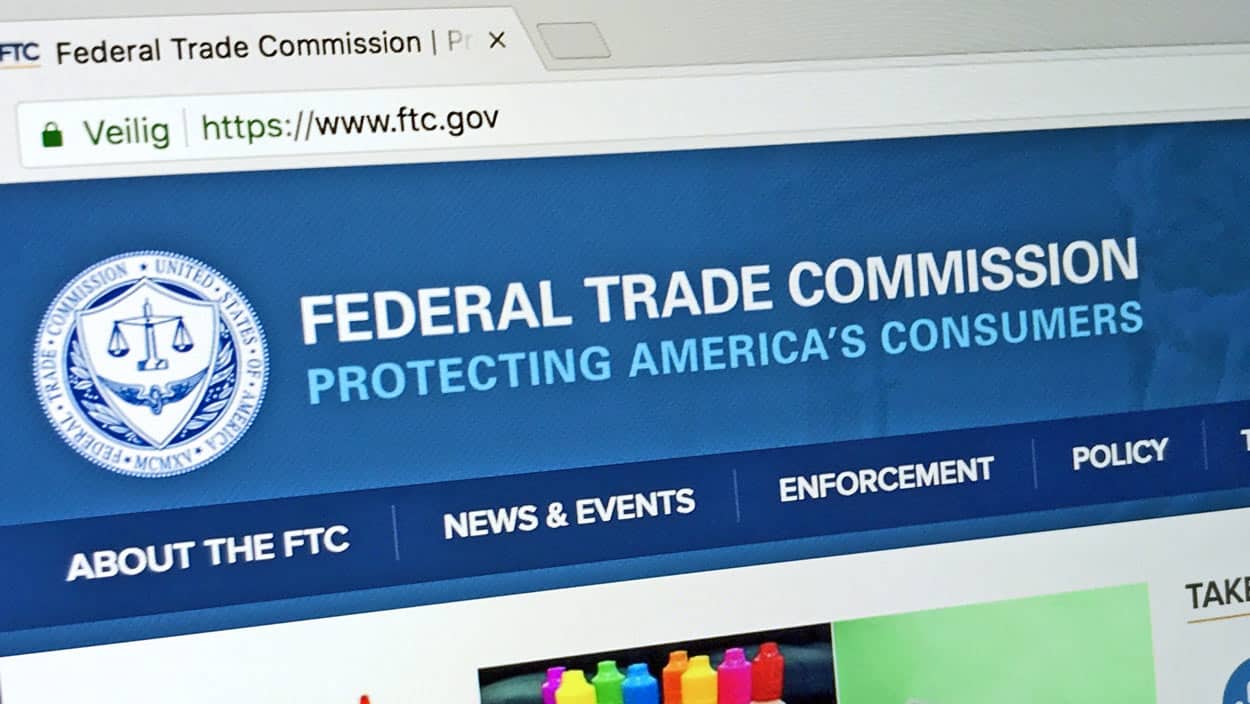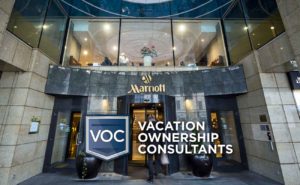Misconduct in the timeshare relief realm is nothing new. It’s tough for vacation owners looking to escape perpetuity. The internet has simply made it easier for criminals to scam and consumers to read about it. But greed has been prevalent since the beginning stages of fractional ownership. While today’s crackdown on nearly every single timeshare exit program is encouraging, there was a time when consumers were limited by legalities. Things began to change earlier this decade when the FTC took legal action against a major player, Edward Lee Windsor.

Hawaiian Timeshare Entity Donated $29K to Local NonProfits.
Ever since we started publishing news articles a few years ago, positive timeshare stories have been few and far between. While there are a few good wins for timeshare owners here and there, we can’t help but notice that there just isn’t much good news to report on in the industry.





